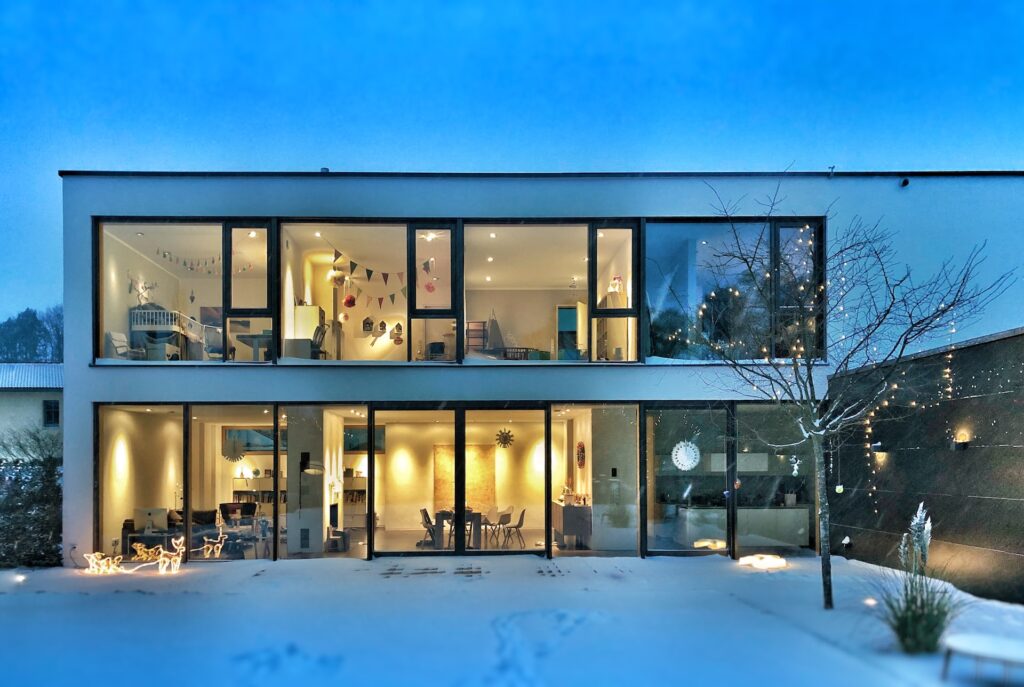In an era where the traditional real estate market shows signs of slowing down, the luxury sector continues to stand tall, unaffected by the economic headwinds that rattle the broader market. This resilience of luxury real estate, especially evident in Belgium’s market dynamics over the past year, offers a fascinating glimpse into the unique forces at play within this niche sector.

The contrast in market dynamics
The Belgian real estate market witnessed a significant slowdown last year, largely due to a sharp increase in interest rates—from an average of 1.5% in January 2022 to 3.5%. This uptick led to a near 30% drop in the number of mortgage loans granted in the third quarter of 2023, alongside a 3.1% decrease in real estate transactions during the same period. However, the luxury real estate segment seems to be insulated from these challenges, showcasing an impressive resilience that begs a deeper exploration.
No loan, no problem
One of the key factors underpinning the stability of the luxury market is quite straightforward: buyers of high-end properties often do not require a mortgage loan. This financial independence not only shields the luxury segment from the fluctuations in interest rates but also allows buyers the luxury of time. They can thoroughly analyze, reflect, and compare multiple properties without the pressure of external financing constraints. This careful deliberation ensures they pay a fair price and, when possible, negotiate with the seller.
Moreover, having substantial financial resources does not mean luxury buyers overlook the importance of property compliance with current standards, including energy performance certificates and renovation needs. The ability to purchase and renovate with one’s own funds does not detract from the significance of ensuring the property meets contemporary standards.
The heart leads the wallet
For the majority of luxury property purchasers, the location, character, and architectural quality of the asset remain paramount. These buyers tend to follow their hearts rather than their wallets, a disposition that further contributes to the stability and consolidation of the high-end real estate market.
This emotional connection to the property, coupled with the financial means to act upon it, creates a unique market dynamic where luxury real estate not only withstands economic downturns but often thrives during such times. The emphasis on the intrinsic value and unique attributes of luxury properties over purely financial considerations underscores a market driven by passion and discernment.
Conclusion
The enduring allure of luxury real estate, even amidst economic turbulence, reflects a segment of the market governed by different rules. The financial autonomy of buyers, the prioritization of unique property features, and the emotional investment in the acquisition process collectively fortify the luxury real estate market against the vicissitudes of economic cycles.
As we look to the future, the resilience of the luxury real estate sector is poised to continue, anchored by the timeless appeal of exceptional properties and the unwavering desire of individuals to own a piece of that exclusivity. The luxury market’s defiance of broader market trends not only highlights the unique appeal of high-end properties but also offers valuable insights into the enduring human aspiration for beauty, exclusivity, and a profound connection to place.
In summary, while the broader real estate market may experience fluctuations influenced by economic factors, the luxury sector remains a bastion of stability and desirability. Its resilience amidst downturns is a testament to the unique characteristics that define luxury real estate: timeless appeal, financial independence, and the emotional resonance of owning something truly exceptional.

 Open Immovlan
Open Immovlan